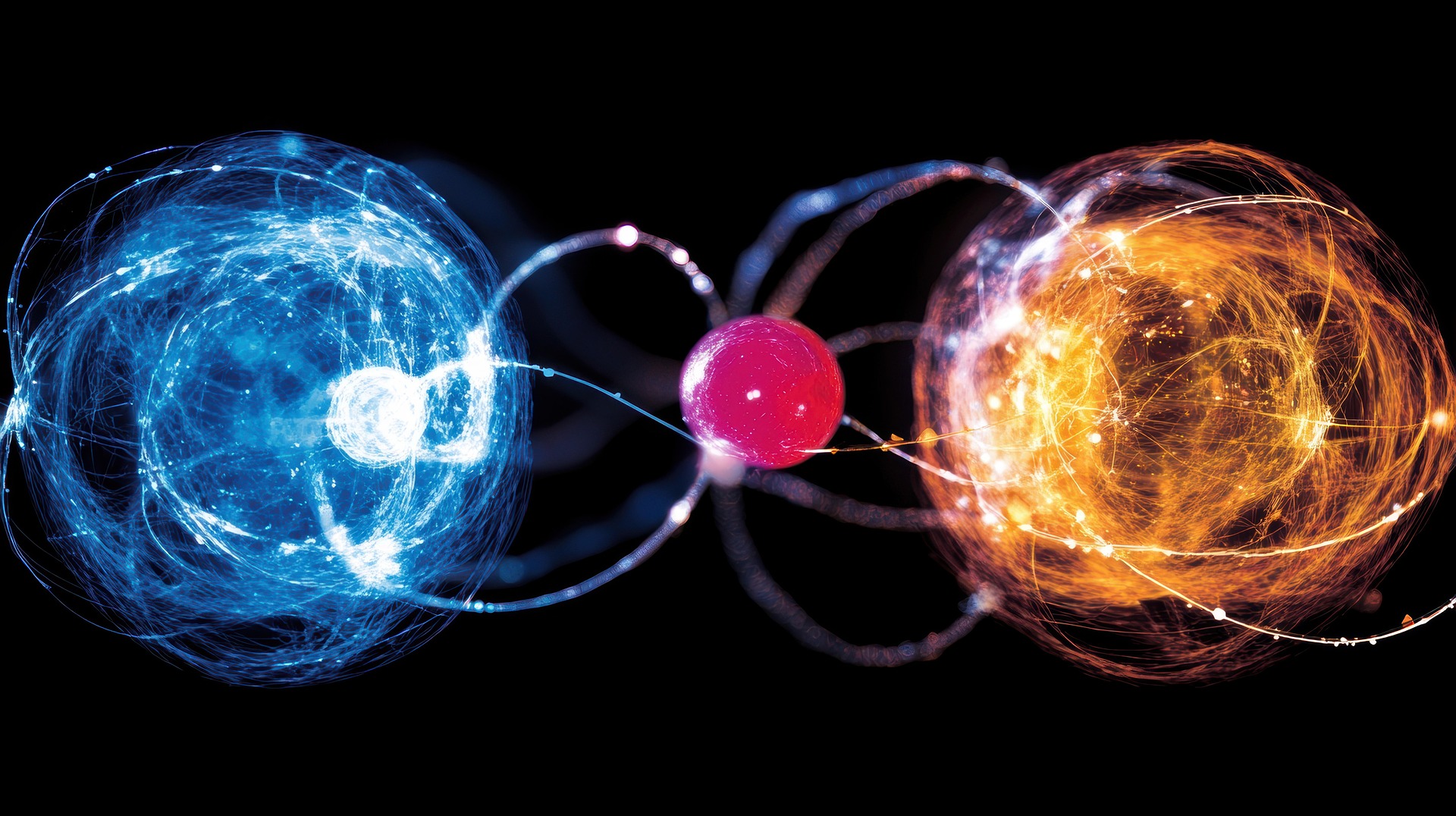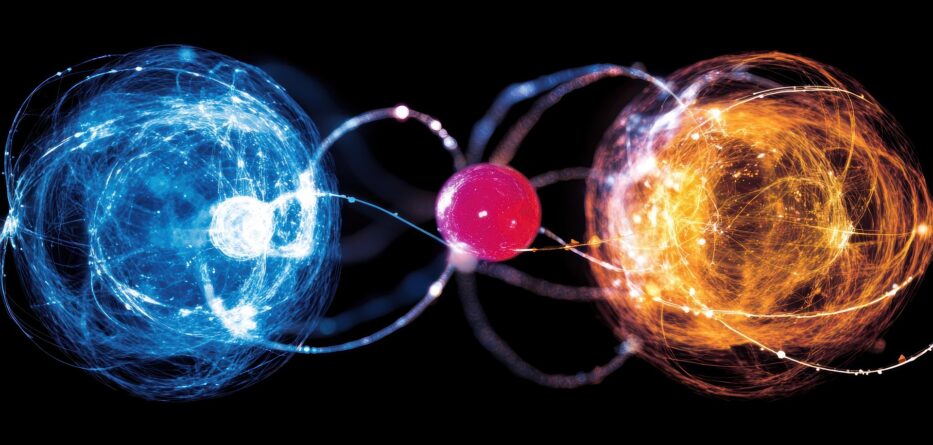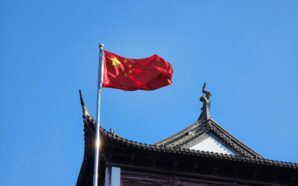

The World’s Most Expensive Substance Costs More Than the Global Economy
Imagine a material so rare and difficult to produce that just one gram would cost an astonishing $62 trillion—more than the entire world’s annual economy. This mind-blowing substance isn’t gold, diamonds, or any other precious metal. It’s antimatter, the most expensive and elusive material known to science.
What Makes Antimatter So Special?
Antimatter is essentially the mirror opposite of regular matter. For every type of particle we know—protons, electrons, and neutrons—there exists an antimatter version with the same mass but the opposite charge. When matter and antimatter come into contact, they annihilate each other in a powerful explosion of pure energy.
This rare and volatile nature makes antimatter nearly impossible to collect or store. Unlike diamonds or gold, which can be mined, antimatter must be created atom by atom in highly controlled environments like CERN’s Large Hadron Collider (LHC) in Switzerland.
Did you know the most expensive substance on Earth costs a mind-boggling $62 trillion per gram?
info below
pic.twitter.com/ahERDaMmQ0
— Dr. CZ (@AngelMD1103) February 18, 2025
The Science Behind the Price Tag
Because antimatter is not naturally available in any usable quantity, scientists must manufacture it using massive amounts of energy. At CERN, protons are accelerated to near-light speed and smashed into iridium blocks, occasionally generating antimatter particles. But here’s the catch—only one in a million collisions produces a single antiparticle.
The process requires so much energy that CERN’s accelerators consume more electricity than the entire city of London each year. Even after antimatter is created, it must be stored in a vacuum and suspended by powerful magnets to prevent it from instantly being destroyed by contact with normal matter.
According to CERN scientists, producing just one 100th of a nanogram of antimatter costs as much as a kilogram of gold. That translates to an unimaginable $62 trillion per gram—or more than the entire world’s combined GDP.
Why Bother Making Antimatter?
Given its astronomical cost and extreme volatility, you might wonder why scientists are so eager to study antimatter. The answer? It could unlock some of the biggest mysteries of the universe.
Physicists believe that, at the moment of the Big Bang, equal amounts of matter and antimatter were created. Yet today, the universe is overwhelmingly made of matter—raising the question: where did all the antimatter go? Studying this strange substance could provide clues about how the universe was formed and why it exists as we see it today.
Additionally, antimatter has the potential for revolutionary applications. If scientists can harness its annihilation energy safely, it could become a next-generation power source, fueling space travel and even replacing nuclear energy with a cleaner, more powerful alternative.
A Glimpse Into the Future
While we are still far from producing antimatter in useful quantities, researchers continue to push the boundaries. The ability to create and store antimatter for longer periods is a major step forward, and future breakthroughs could bring costs down significantly.
For now, antimatter remains the most expensive substance on Earth, a marvel of modern physics that exists more in theory than in reality. But with ongoing advancements in particle physics, who knows? One day, antimatter might power the future—or unlock the secrets of the cosmos.
-
Canada’s Labor Minister, Steven MacKinnon, has taken decisive action to end the recent labor disruptions affecting key ports in...
-
In a significant development, over 30,000 Boeing workers have rejected a new offer from the company, which included a...
-
Chinese President Xi Jinping delivered a strong message of resilience and determination during a speech commemorating the 75th anniversary...
-
In a historic move, Volkswagen AG, one of the leading global automakers, announced it is considering the closure of...
-
Massive train disruptions struck central Germany this Saturday, leaving hundreds of passengers stranded and scrambling for information at Frankfurt’s...
-
The Middle East has stepped back from the edge of a broader conflict, at least for the moment, after...
-
Pakistan has been grappling with significantly slow internet speeds for weeks, sparking debate over the cause of the connectivity...
-
On the eighth day of the track and field events at the 2024 Paris Olympics, Arshad Nadeem of Pakistan...
-
The recent anti-immigrant riots in the United Kingdom serve as a stark reminder of how unchecked misinformation on social...
-
In a tragic turn of events, the death toll from two landslides in a remote region of southern Ethiopia...
-
In a dramatic and unprecedented public declaration, Shaikha Mahra bint Mohammed bin Rashid Al Maktoum, daughter of Dubai’s ruler,...
-
China’s foreign minister Wang Yi has strongly refuted NATO’s accusations that Beijing is aiding Russia in its war on...




















